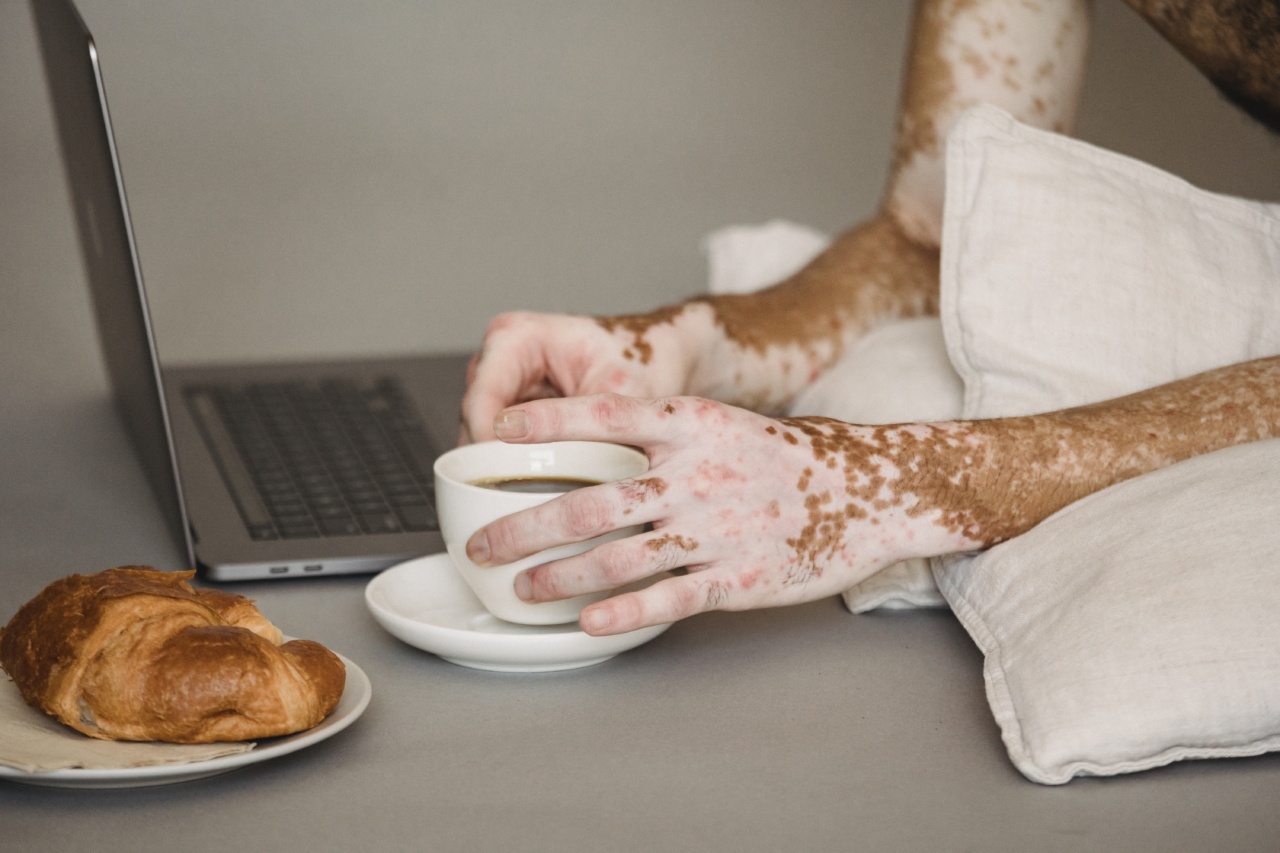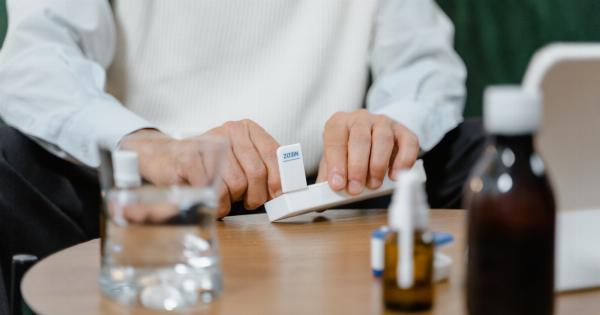Photosensitivity is a condition in which the skin becomes extremely sensitive to light. It can be characterized by various skin reactions such as rashes, redness, and irritation.
Psoriasis and eczema are two common photosensitive skin conditions that affect a significant number of individuals worldwide. Both conditions can cause discomfort and distress, and it is crucial to understand their causes, symptoms, and possible treatment options to alleviate their impact on daily life.
Psoriasis: An Unpredictable Skin Disorder
Psoriasis is a chronic autoimmune disease that primarily affects the skin. It is characterized by the rapid buildup of skin cells, leading to the formation of thick, red patches with silvery scales.
While the exact cause of psoriasis is unknown, it is believed to be related to genetic factors and triggered by certain environmental factors, including exposure to sunlight.
People with psoriasis often experience flare-ups, during which their symptoms worsen. These flare-ups can be triggered or exacerbated by exposure to sunlight, a condition referred to as photosensitive psoriasis.
In some cases, sunlight exposure can improve the symptoms temporarily, but it can also cause severe sunburn and further trigger the development of new lesions.
Eczema: Intense Itching and Inflammation
Eczema, also known as atopic dermatitis, is a chronic inflammatory skin condition. It is primarily characterized by intense itching, redness, and the formation of dry, scaly patches on the skin.
Eczema is a complex condition influenced by genetic and environmental factors, such as exposure to irritants, allergens, and sunlight.
Photosensitivity in eczema is relatively uncommon but can occur in some individuals. It can lead to increased skin sensitivity and worsen existing eczema symptoms.
Sunlight exposure can cause the skin to become dry, inflamed, and itchy, leading to a flare-up of eczema symptoms. Additionally, ultraviolet (UV) radiation can weaken the skin barrier function and make it more susceptible to irritants and allergens.
Recognizing Symptoms and Triggers
Both psoriasis and eczema have distinct symptoms that can help differentiate between the two conditions:.
Psoriasis Symptoms:
- Thick, red patches of skin covered in silvery scales
- Dry and cracked skin that may bleed
- Itching, burning, or soreness
- Discoloration and pitting of the nails
- Joint pain and swelling in some cases
Eczema Symptoms:
- Dry, red, and inflamed skin
- Intense itching, which can lead to scratching and skin damage
- Thickened, scaly skin patches
- Oozing or crusting of the affected areas
- Sensitive skin that may react to irritants and allergens
While both conditions have diverse triggers, exposure to sunlight can have a significant impact on their progression:.
Psoriasis Triggers:
- Sunlight exposure (in some cases, can improve symptoms temporarily)
- Stress and emotional factors
- Infections and illnesses
- Certain medications
- Injuries to the skin, including cuts and bug bites
Eczema Triggers:
- Sunlight exposure (can cause dryness and worsen symptoms)
- Irritants, such as soaps, detergents, and certain fabrics
- Allergens, including pet dander, pollen, and dust mites
- Sweat and high humidity
- Stress and emotional factors
Managing and Treating Photosensitive Skin Conditions
While there is currently no cure for psoriasis and eczema, various treatment options can help manage and alleviate symptoms:.
Treatment for Psoriasis:
- Topical medications, such as corticosteroids, vitamin D analogues, and retinoids
- Phototherapy, using controlled exposure to UV radiation to slow down the growth of skin cells
- Systemic medications, including oral or injectable drugs, for severe cases
- Moisturizers and emollients to keep the skin hydrated
- Lifestyle changes, such as stress reduction and avoiding triggers
Treatment for Eczema:
- Topical corticosteroids and immunomodulators to reduce inflammation
- Emollients and moisturizers to keep the skin hydrated
- Antihistamines to relieve itching and help with sleep
- Wet wrap therapy to soothe and moisturize the skin
- Identifying and avoiding triggers, including irritants and allergens
It is crucial to consult with a dermatologist or healthcare professional to determine the most appropriate treatment plan for individual cases of psoriasis or eczema.
They can provide tailored advice and recommend specific treatment options based on the severity of the condition and the individual’s medical history.
Protecting Photosensitive Skin from Sunlight
To minimize the impact of sunlight on photosensitive skin conditions, individuals can follow these guidelines:.
- Apply broad-spectrum sunscreen with a high SPF to all exposed skin before going outdoors
- Wear protective clothing, such as long sleeves, pants, and wide-brimmed hats
- Seek shade or avoid direct sunlight during peak hours (usually between 10 am and 4 pm)
- Use physical barriers like umbrellas or sun-protective clothing to shield the skin
- Consider using sunscreen specifically formulated for sensitive or photosensitive skin
By adopting these protective measures, individuals with photosensitive skin conditions can enjoy outdoor activities while minimizing the risk of flare-ups and aggravation of their symptoms.






























